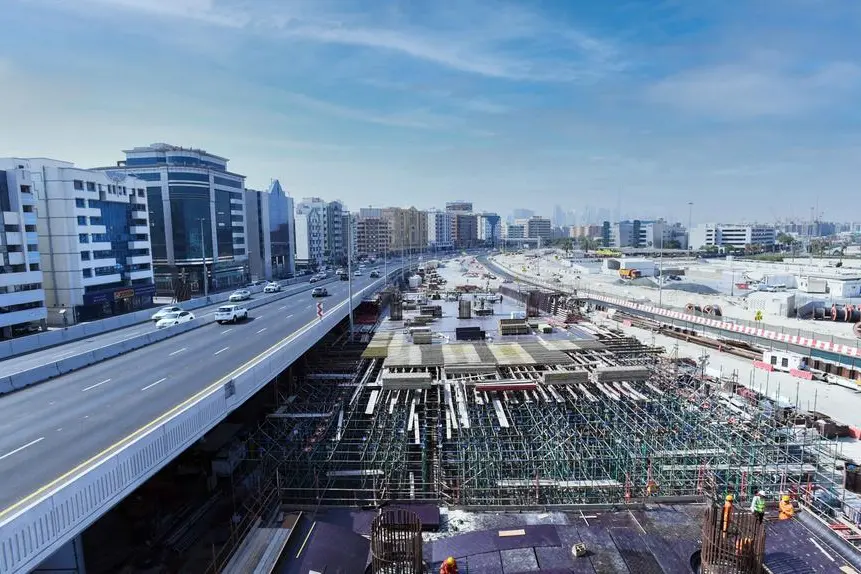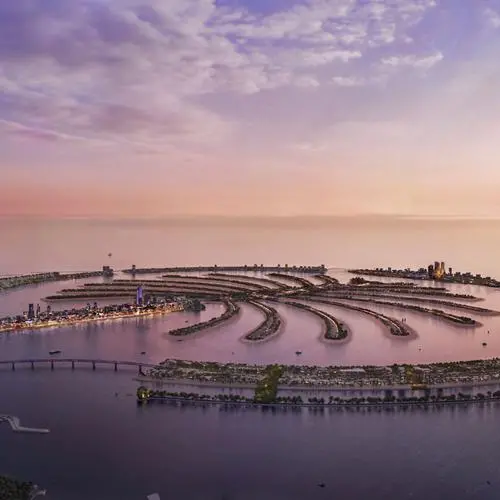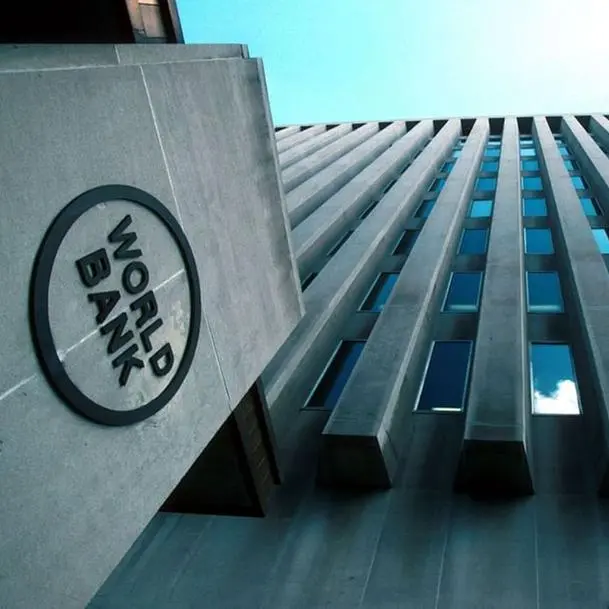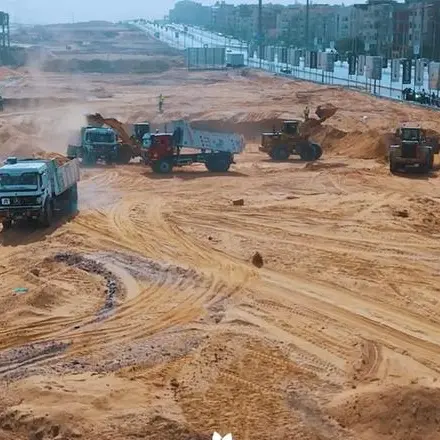PHOTO
Investments in the capital projects and infrastructure sector in the Middle East are expected to grow over the coming years after activity rebounded to near pre-pandemic levels in 2021, according to the latest PwC Capital Projects and Infrastructure Survey.
Over 70 percent of project owners, sponsors, developers or investors surveyed by PwC for its 2022 biennial survey indicated that they expect to increase their investment in capital assets over the next two years.
However, the projects industry is also feeling the pressure to modernise or risk falling short of meeting the demands of the giga-project era, the report discussing the survey findings said.
“Such projects are big enough and complex enough to demand new skills and capabilities. These capabilities, in turn, demand the adoption of new technologies and new sources of capital,” the report said.
In the survey, majority of the respondents (73 percent) reported that their project portfolio - engineering, construction or equipment manufacturing projects - was either meeting or exceeding expectations, while 70 percent said their projects achieved performance targets.
The results represent a major improvement in sentiments compared to 2020, where more than half of the organisations experienced major delay in projects, while 38 percent had seen projects run over-budget in the preceding 12 months.
Yet, in 2022, a significant minority (27 percent) reported negative project health with around one-fifth rating health of their projects as ‘below expectations.’
The report said the reasons for this underperformance lie in the long-term strategic challenges cited by the respondents, which includes obstacles to modernisation.
Major obstacles
Strategy implementation (43 percent), change management (37 percent) and technologies and tools for workforce (34 percent) were the top three obstacles affecting the ‘health’ of capital investment portfolio, programme or projects, according to the survey.
“They point to an industry that is trying to respond to increasing client demands, new technology and digitisation, demand for new skills and workplace practices, and fast-evolving environmental and societal obligations,” the report said.
War for talent
On the operations front, the current high level of demand has created a war for talent within the sector with 31 percent of respondents citing the availability of skilled resources in the market as their top challenge.
“It is here that the industry will first feel stress as wages increase and the delivery of keynote projects is put at risk,” the report noted.
The respondents assigned top priority to hiring and retaining high-skill employees (48 percent), developing accurate cost estimates and forecasts for their projects (47 percent), and creating suitable governance and risk management processes (37 percent) to reconfigure their skills and organisational capacity for the giga-project era.
Technology investments are also getting priority treatment as respondents identified the use of ‘Big Data’ (41 percent), digital twins (17 percent) and drones (33 percent) as key growth areas.
Capital challenge
Access to capital remains a persisting challenge for the Middle East’s capital projects and infrastructure sector, which has been made worse by the rapid increase in overall project initiation.
In 2022, 37 percent of respondents said the issue of funding and financing projects was one of the “most significant internal issues” impacting their business. Within that, working capital remains the most acute area of challenge, with 47 percent citing delayed payments from clients as their top financing issue.
Access to the required supply chain has also become a core issue with more than more than half (55%) experiencing challenges as a result of material and pricing fluctuations.
Respondents in the 2020 survey had underlined the critical role of private finance in funding projects. The 2022 respondents expressed a similar sentiment with 78 percent confirming that private financing is part of the funding structure for their capital investment portfolio while 55 percent said they expect the proportion of private finance to either increase or significantly increase over the next two years.
“In 2020, interest in private financing was driven by constrained government support and regulatory/legal frameworks, whereas now it is driven by the sheer scale of investment ambition in the region,” the PwC report said.
Beyond capital access, 48 percent of respondents said they believe the use of private finance increases the likelihood of delivering on time, 44 percent believe it increases the likelihood of delivering on budget while 40 percent viewed it as a route to improve capability.
Still lagging on ESG
On the flipside, Middle Eastern companies are lagging behind their global counterparts in prioritising emissions and environmental footprint reductions. The global building materials sector contributed about 10 percent of global greenhouse gas (GHG) emissions in 2019 but only 11 percent of respondents from the region considered environmental or societal impact to be key metrics for determining the performance of the projects, and only 15 percent cited environmental, social and governance (ESG) factors as a priority investment area.
Paradoxically, when asked what functional skills are in greatest demand to build the delivery teams they require, nearly one quarter (23 percent) of organisations surveyed identified environmental and sustainability skills, increasing to 27 percent where organisations expected growth to be greater than their current capacity.
The report said it expected these attitudes to change, especially with the region hosting back-to-back two United Nations Climate Change Conferences (COP 27 in Egypt this year and COP 28 in the UAE in 2023) and with private funding bringing greater recognition of the environmental priorities and demands of global investors.
(Writing by Anoop Menon; Editing by P Deol)





















